The original Dwarf Fortress is celebrated for simulating an obscene level of life, grabbing a hold of players and never letting go. It’s also notorious for a steep learning curve, made even more difficult by the ASCII art which acts as a graphical representation of what’s occurring in your tunnels. Thankfully, there exists texture packs and tilesets for Dwarf Fortress to turn the ASCII art into something more readily comprehended. While Dwarf Fortress has released on Steam with an ‘official’ GUI overhaul, unofficial GUI overhauls can still be used with Dwarf Fortress Classic. Here are the ten best texture packs and tilesets for Dwarf Fortress, broken down by ASCII and new-school formats.
Related: Dwarf Fortress beginner’s guide
Classic-inspired Dwarf Fortress Classic tilesets
5. Runeset
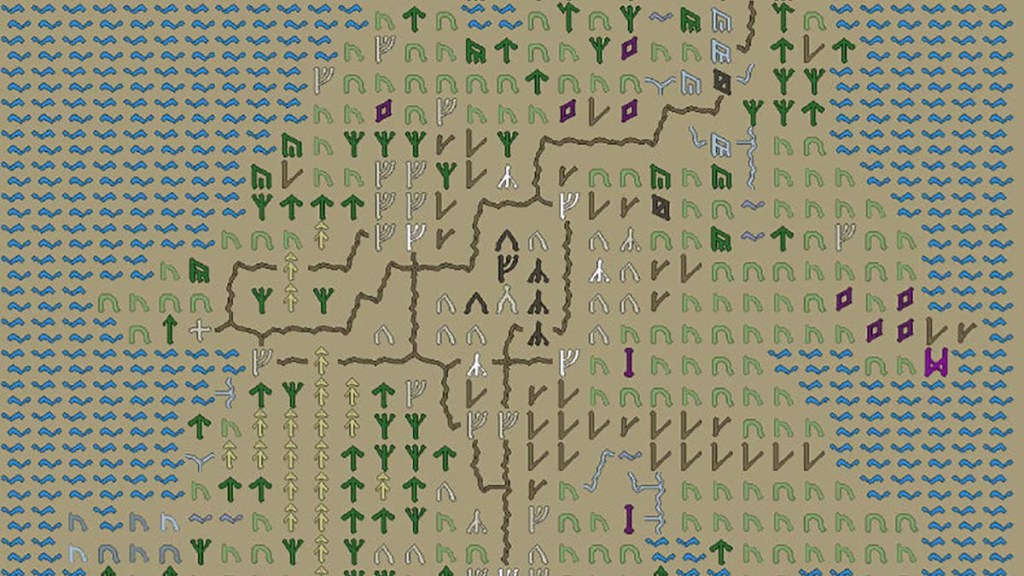
The Dwarf Fortress Runeset updates the ASCII to various runes, which the developer calls RSCII — Runic Standard Code for Information Interchange, which any self-respecting dwarf would prefer. The tileset has with the Aniron font to make it more readable, although you’re ultimately looking at Dwarf Fortress Classic if the ASCII characters were from a non-Romanized character set.
4. Pixale Tileset
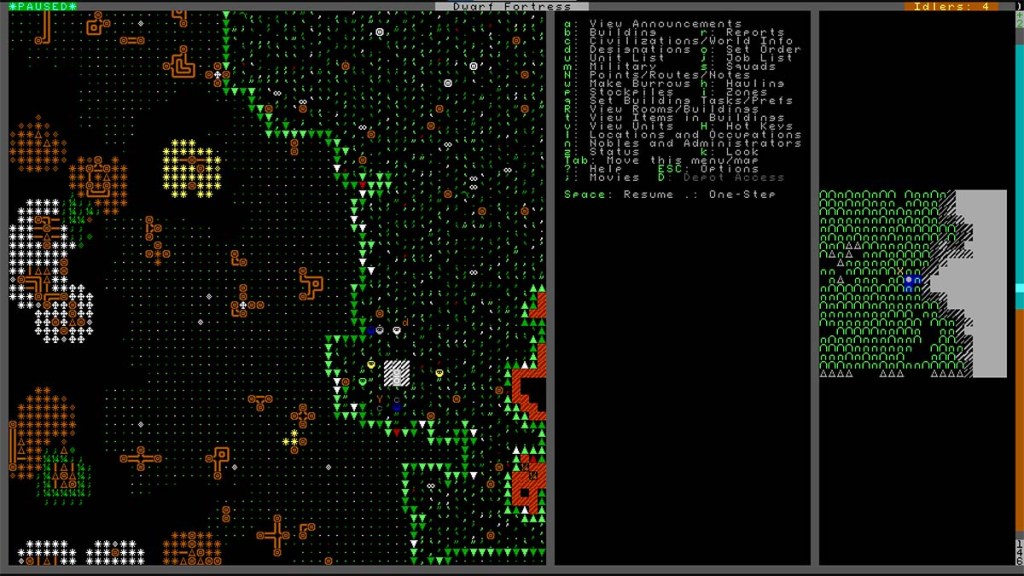
Inspired by Wanderlust, the Pixale Tileset is an updated ASCII art style that takes a bit of learning. Overall, however, it’s a clean and uncluttered GUI for new players and grizzled veterans alike. Various pixel characters represent different primary races, such as elves and goblins, but some may find that certain races are almost indiscernible from others without contextual clues. Intelligent use of negative space makes the entirety of the UI feel less crowded.
3. Bitlands
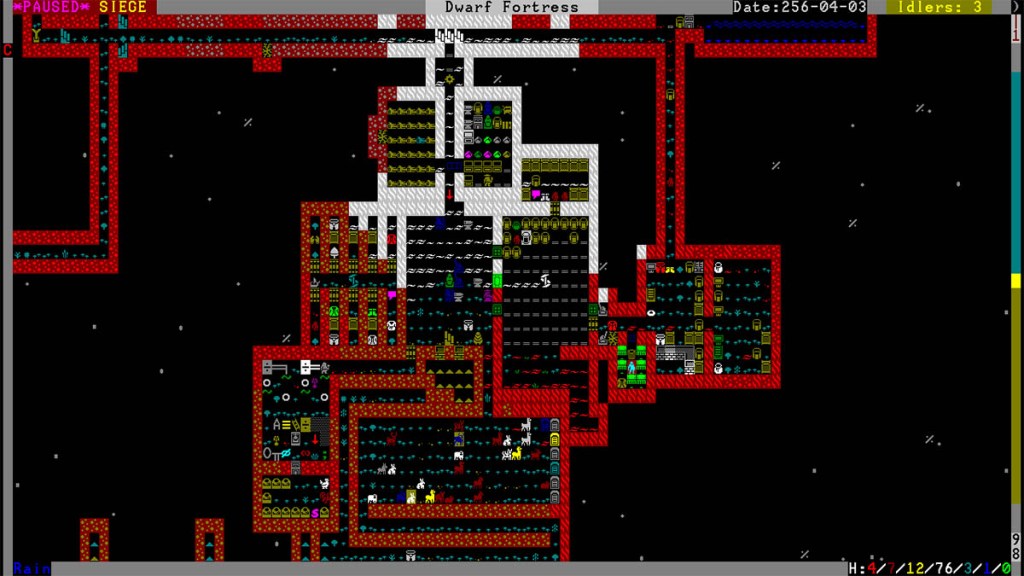
Rather than fighting the standard ASCII style of Dwarf Fortress Classic, the Bitlands tileset embraces it while still trying to impart information at a quick glance. It’s ostensibly the closest to the classic look and feel of Dwarf Fortress, to the point that it’s now included with modern downloads of the title. This 12×18 tileset touches every piece of data within DF Classic, resulting in over 50,000 new textures that aren’t jarringly different from the developer’s vision.
2. Wanderlust
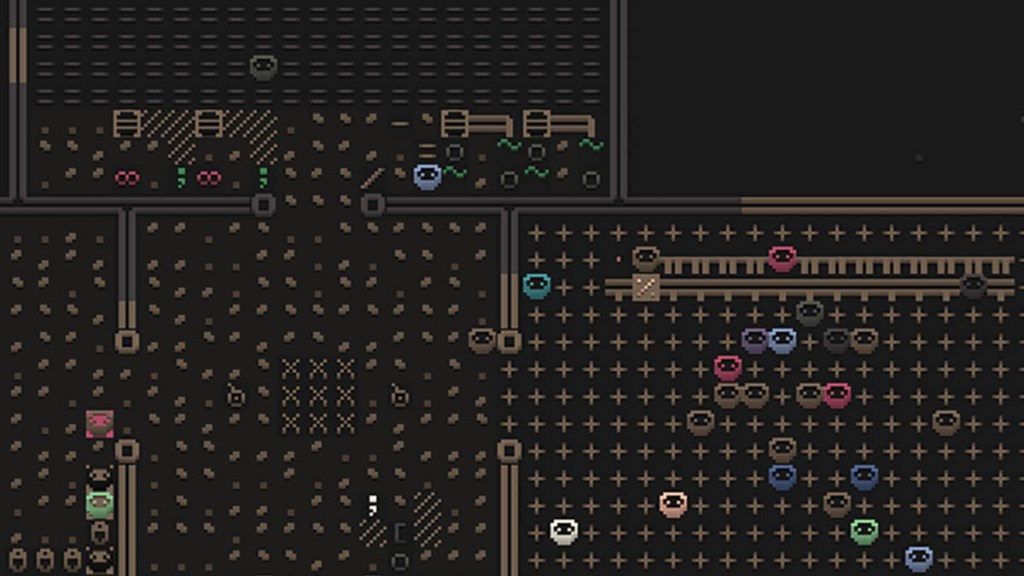
The Dwarf Fortress Classic tileset overhaul Wanderlust steps a little farther away from the ASCII style of Dwarf Fortress Classic, but it’s still close enough to the ASCII style that it won’t result in too much proverbial whiplash. We like Wanderlust as it’s a darker tileset compared to others, while still maintaining the classic charm, making it ideal for late-night sessions with the dwarves. Of course, certain color schemes are darker than others: Jade, Dawnbringer, and Mishka are our preferences with the Wanderlust tileset.
1. Taffer’s Tilesets
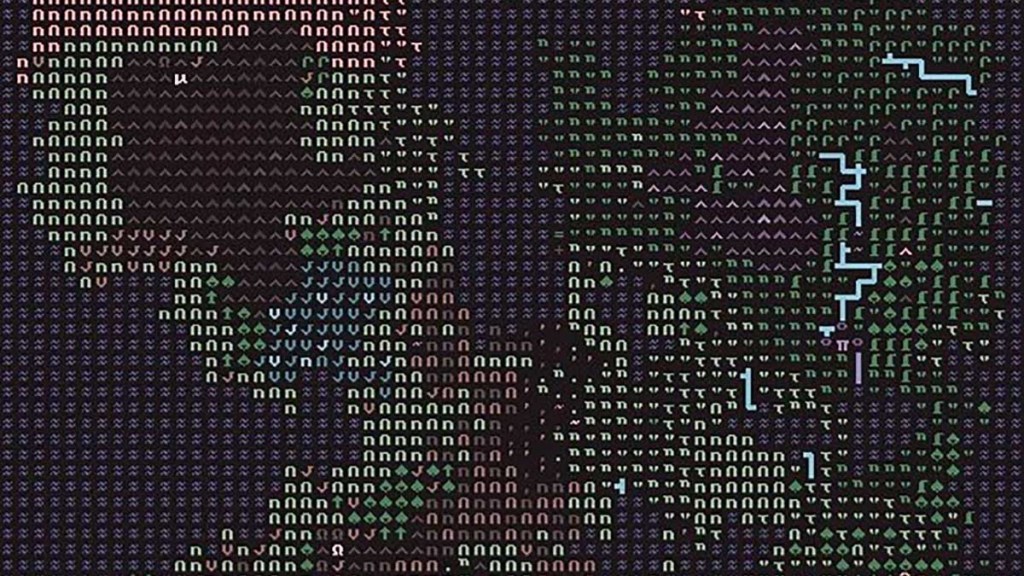
Taffer’s Tilesets is one of the most popular tilesets for Dwarf Fortress, and for good reason. It holds true to the original GUI of DF Classic, offering a slew of information that can be absorbed very quickly. With multiple color schemes and the ability to accurately portray diagonal walls (to an extent), with three fonts available across three separate sizes, Taffer offers options upon options depending on user preference. Of course, you’re still looking at ASCII, but some players prefer it.
New-school Dwarf Fortress Classic tilesets
If you’re tired of deciphering the ASCII that made Dwarf Fortress, you have options available to you.
Related: The 10 best games like Dwarf Fortress
5. Obsidian Graphics Set
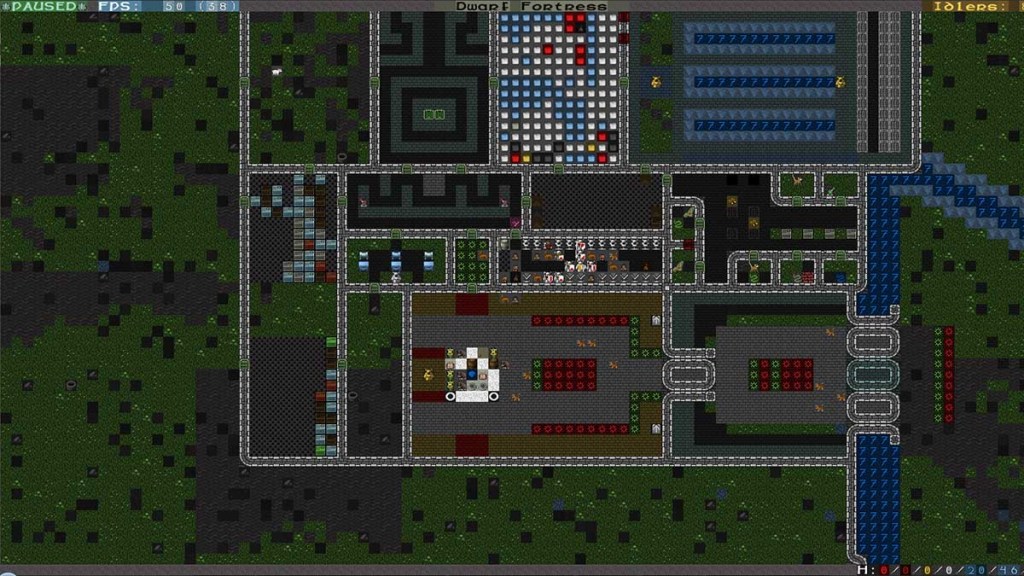
The Obsidian Graphics Set is a 16×16 medieval stylized tileset. With darker textures representing walls and floors, grasses, and rivers, Obsidian looks fantastic for any style of play. We like the Dwarf sprites of Obsidian as well as the consistency between textures, but it comes with an unfortunate caveat. Obsidian hasn’t been updated for newer versions of DF Classic, and is intended for DF2012, but is still playable thanks to strong version control.
4. Curses of Balin
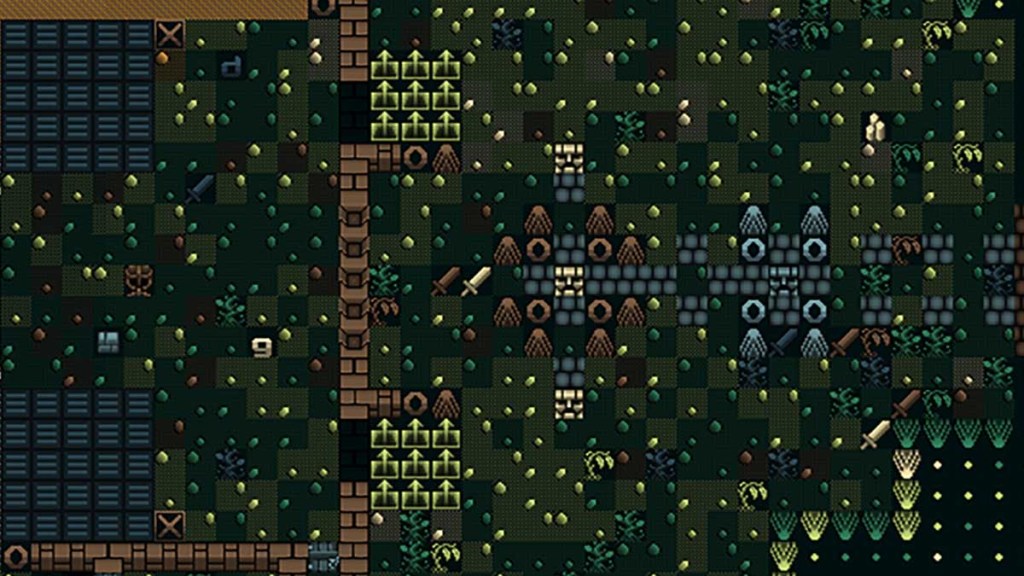
Curses of Balin brings some sizable GUI upgrades to the Dwarves of the tunnels with beautiful trees, stairs, and walls all taking part in this tileset. Curses of Balin manages to pull off some unique 3D effects with 2D sprites, and it’s far readier to offer information at a glance with minimal translation into data. It’s not a full overhaul of Dwarf Fortress, meaning players are still going to need to understand precisely what they’re looking at, but it’s dang close.
3. Vordak’s Graphic Tileset
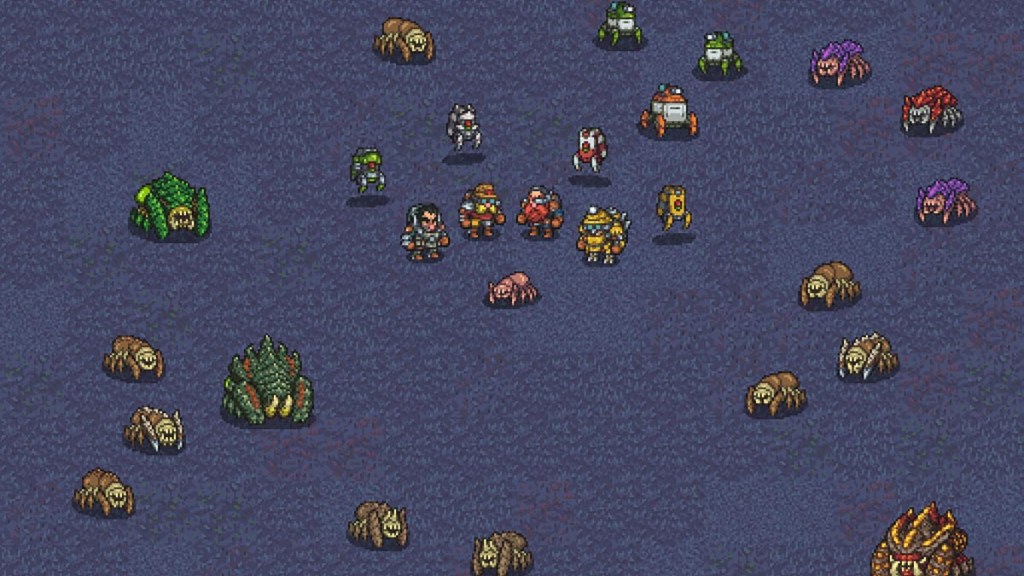
Vordak’s Graphic Tileset doesn’t offer a 100% conversion, and it has been in progress since 2017. Work continues on this tileset and it’s a beauty to behold, with images being published as recently as April 2022 showing consistent progress. The artist Vordak notes that this is a tedious sort of work, but the tilesets available thus far are gorgeous for various races and items. Load this and appreciate some fantastic artwork that elevates DF Classic.
2. Vettlingr’s Tileset
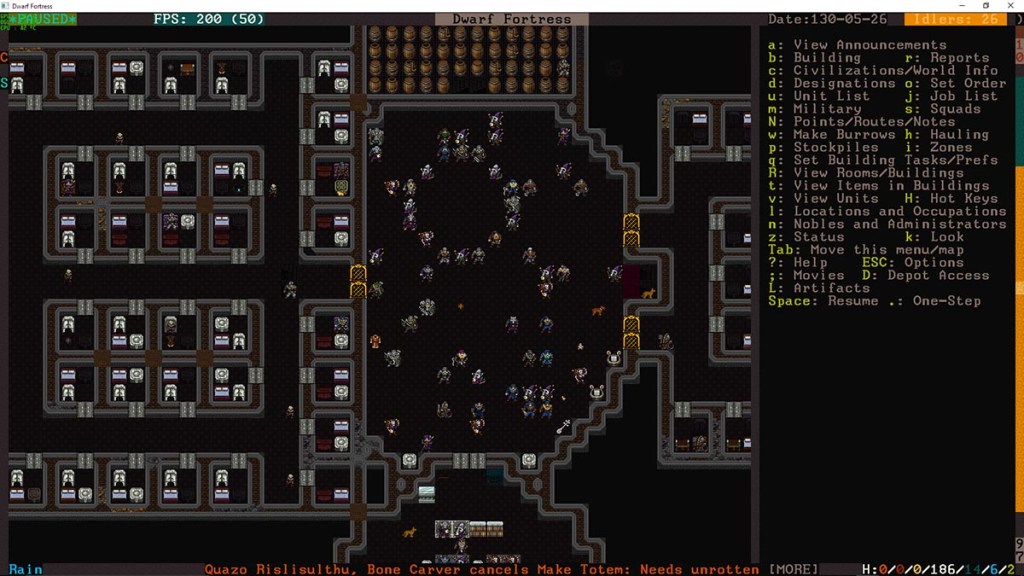
Considered by many as the OG of more recent tilesets, Vettlingr’s Tileset is a beautifully crafted graphical rework that stood untested until recently. Hand-drawn sprites and tiles invoke a world of weathered myth and mystery, with everything being both unique and easily integrated into the realm of Dwarf Fortress. The images fit seamlessly into the world, the data offered by each sprite is robust, and the entirety of the installation process isn’t as bad as it could be.
1. Dwarf Fortress (Steam)
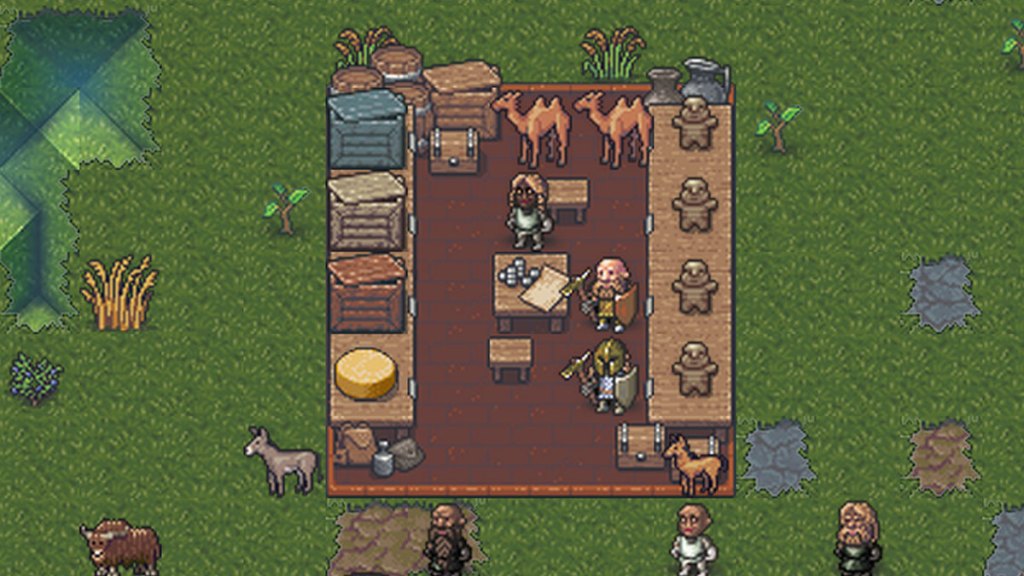
Perhaps it’s blasphemous for those that have been playing Dwarf Fortress since the ASCII days to presume that some form of remaster or GUI enhancement is a better version than tinkering with modded tilesets and other enhancements. At the end of the day, however long you’ve been playing, the Steam release of Dwarf Fortress comes with a full tile and sprite set that has been designed with oversight from the original developers, and simply blows other new-school GUIs out of the water. For new players, it’s still bound to be confusing for the first dozen hours, but after that Stockholm syndrome kicks in, you’ll never leave.

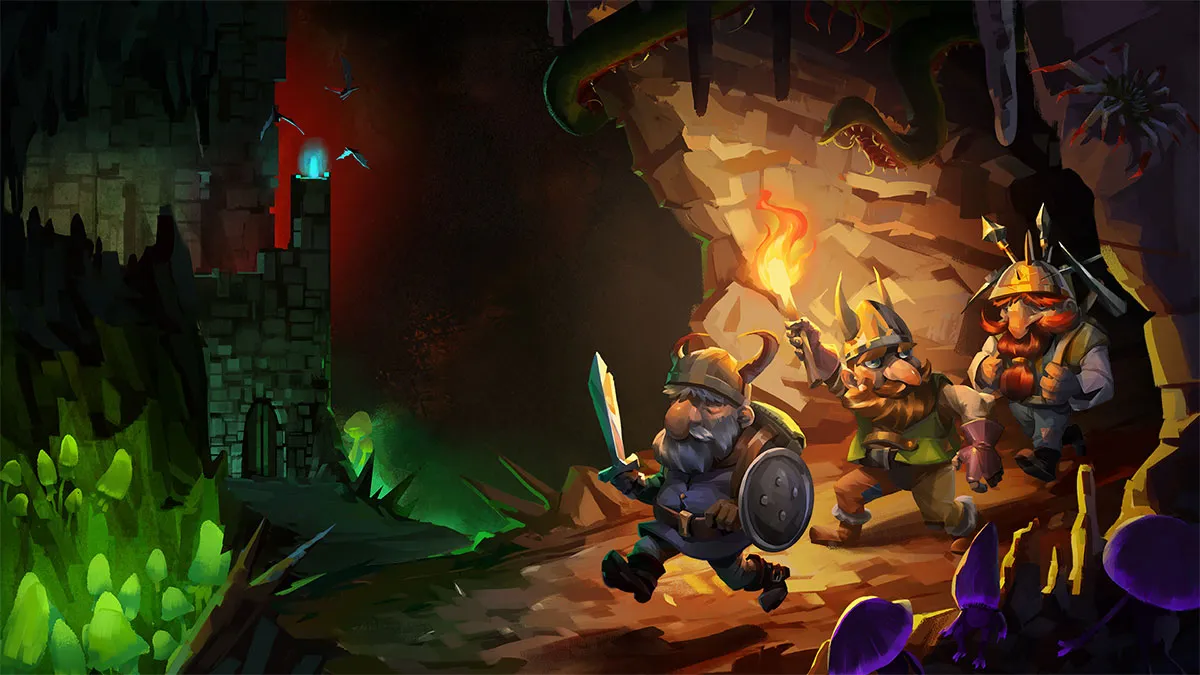
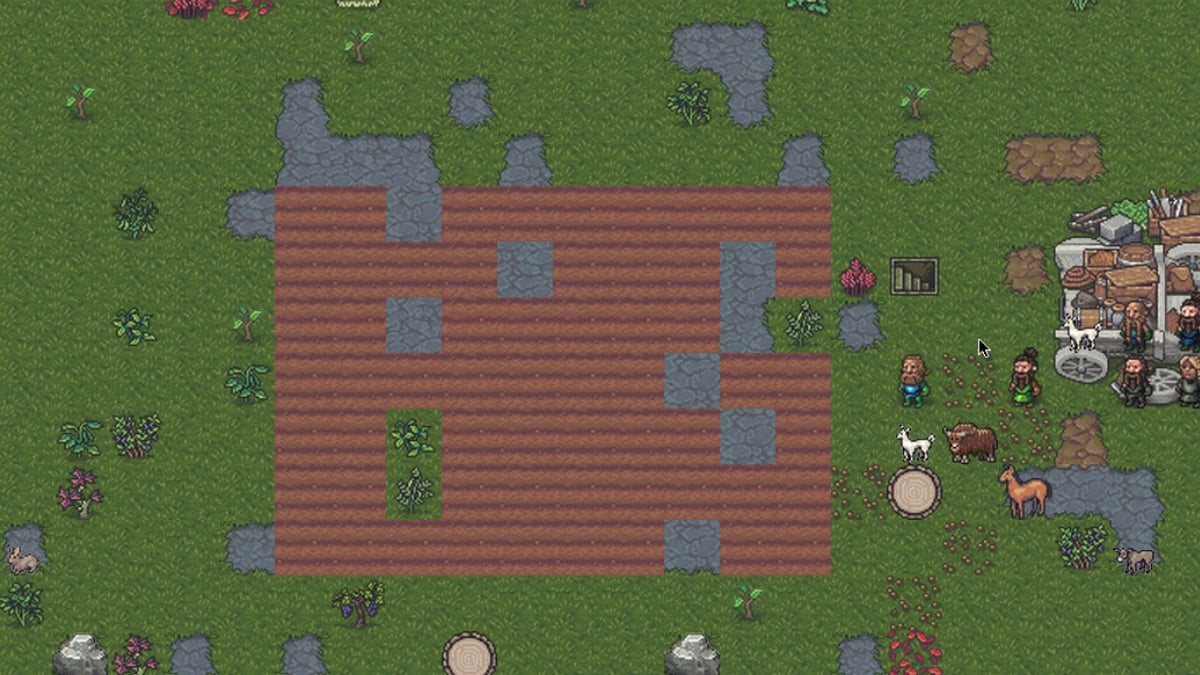
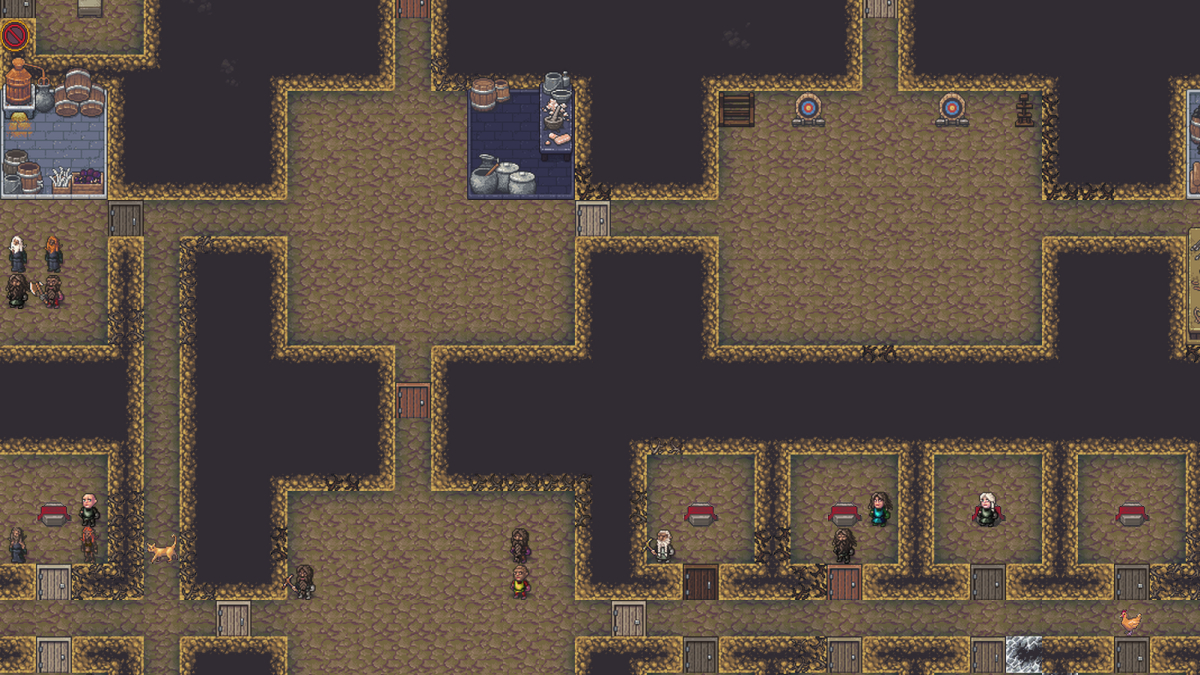
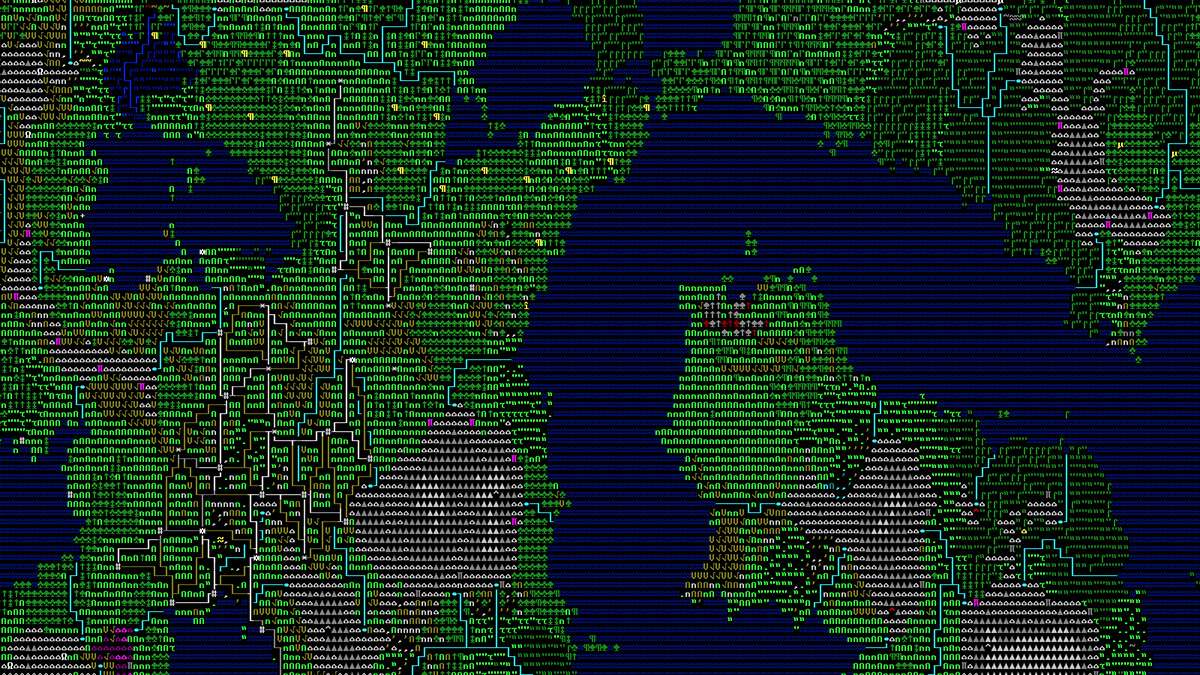
Published: Dec 19, 2022 09:20 pm